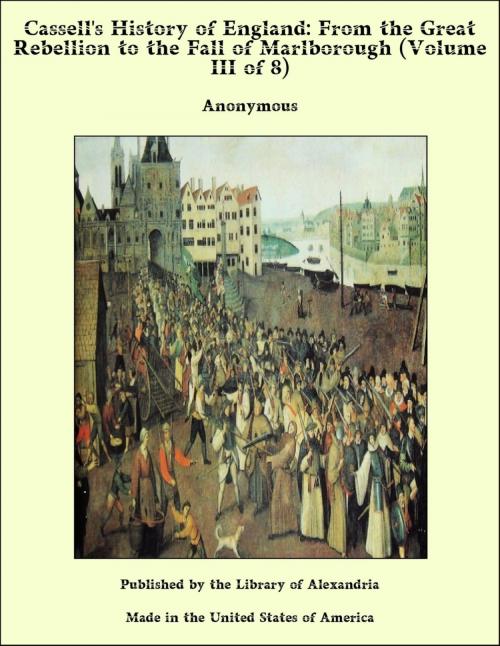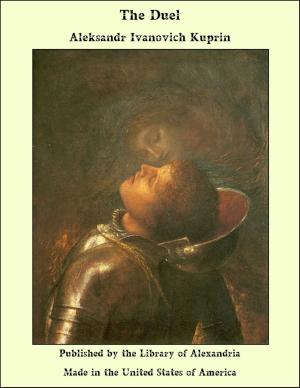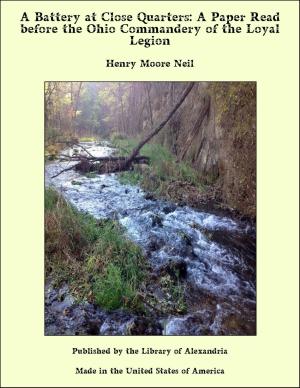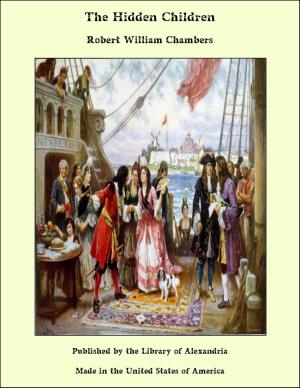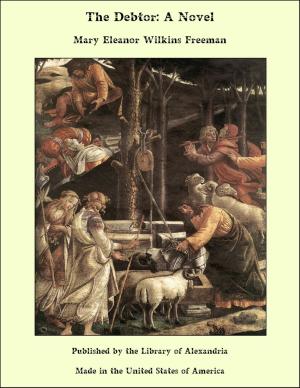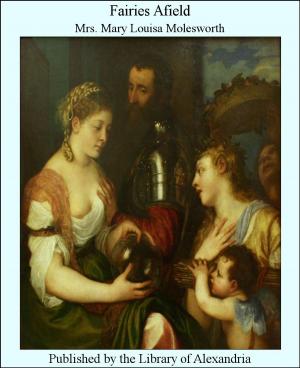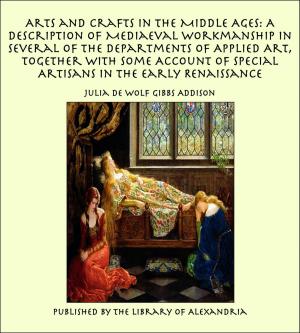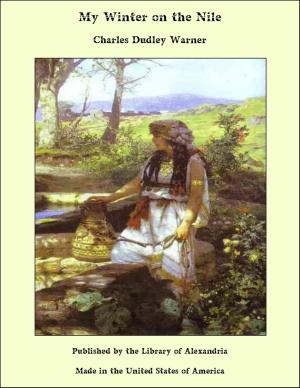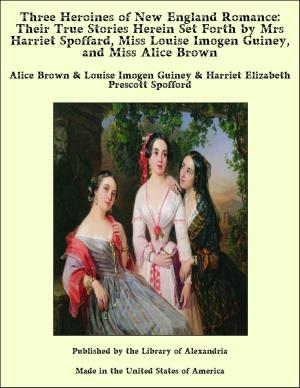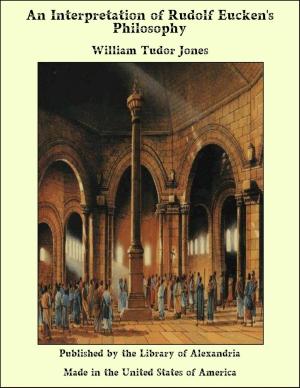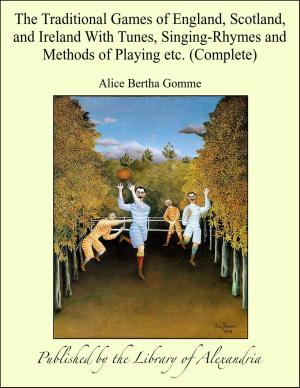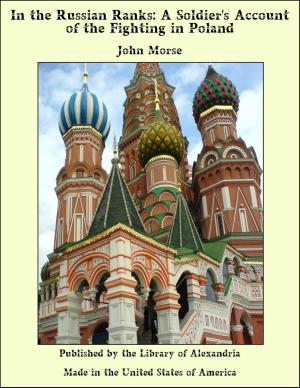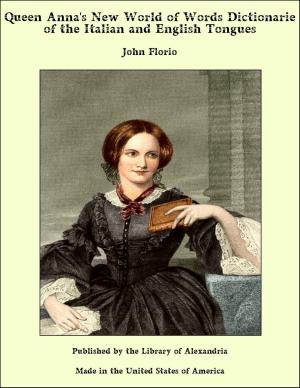Cassell's History of England: From the Great Rebellion to the Fall of Marlborough (Volume III of 8)
Nonfiction, Religion & Spirituality, New Age, History, Fiction & Literature| Author: | Anonymous | ISBN: | 9781465617101 |
| Publisher: | Library of Alexandria | Publication: | March 8, 2015 |
| Imprint: | Language: | English |
| Author: | Anonymous |
| ISBN: | 9781465617101 |
| Publisher: | Library of Alexandria |
| Publication: | March 8, 2015 |
| Imprint: | |
| Language: | English |
The causes which drove the Irish to rebellion were for the most part of long standing. Their religion had been ruthlessly persecuted; their property had been confiscated by whole provinces at a time; their ancient chiefs had been driven from their lands, and many of them exterminated. Elizabeth, James, and Charles, had proffered them new titles on condition of making large sacrifices, but had never kept their word, and at this moment, the graces promised by Charles to tolerate their religion and confirm the titles of their estates, were unfulfilled. The example of the Scots had aroused them to the hope of achieving a like triumph. Their great enemy the Earl of Strafford had fallen, but, on the other hand, they were menaced by Parliament with a still more fierce persecution, and even an avowed extermination of their religion. They believed that the Scottish Presbyterians would join with avidity in the attempt to subdue them, and come in for a share of the plunder of their estates; and they now seized on the idea of rising and reclaiming their ancient power and property. True, they were not one united people like the Scots: there were the ancient Irish, and the Anglo-Irish of the pale, that is, English settled in Ireland holding the estates of the expelled native chiefs, but keeping themselves aloof from the Irish. Yet many of the pale were Catholics, and the Catholic religion was the unanimous object of attachment on the part of the natives. The Parliament and the Scottish settlers in the north were banded against this religion, and this produced a counter-bond between the Catholic natives and the Catholics of the pale. From the British Parliament neither of these parties had anything to hope for on the score of religion; but the king was in need of aid against this Parliament, and it occurred to them that they might make common cause with him. Roger Moore, a gentleman of Kildare, entered into this scheme with all the impetuosity of his nation. He saw the lands of his ancestors for the most part in the hands of English and Scottish settlers, and he made a pilgrimage into almost every quarter of Ireland to incite his countrymen to grasp this opportunity, when the king and Parliament of England were engrossed by their disputes, to recover their rights. Everywhere he was listened to with enthusiasm, and the natives held themselves ready to rise, and take a terrible vengeance on the usurpers of their lands at the first signal. The great chiefs of Ulster, Cornelius Maguire, Baron of Enniskillen, and Sir Phelim O'Neil, who had become the chieftain of the sept of Tyrone after the death of the son of the late persecuted Tyrone, fell into his views with all their followers. The Catholic members of the pale were more disposed to negotiate with Charles than to rush into insurrection against his authority. They knew that it was greatly to his interest at this moment to conciliate his Irish subjects, and they despatched to him a deputation previous to his journey to Scotland, demanding the ratification of those graces for which he had received the purchase money thirteen years before, and offering in return their warmest support to his authority in Ireland. Charles received them very graciously, promised them the full satisfaction of all their demands, and by Lord Gormanstown, who headed the deputation, and on whom he lavished the most marked attentions, he sent word to the Earls of Ormond and Antrim to secure in his interest the eight thousand troops which had been raised by Strafford, to keep them in efficient discipline, to augment rather than decrease their number, and to surprise the castle of Dublin, where they would find twelve thousand stand of arms.
The causes which drove the Irish to rebellion were for the most part of long standing. Their religion had been ruthlessly persecuted; their property had been confiscated by whole provinces at a time; their ancient chiefs had been driven from their lands, and many of them exterminated. Elizabeth, James, and Charles, had proffered them new titles on condition of making large sacrifices, but had never kept their word, and at this moment, the graces promised by Charles to tolerate their religion and confirm the titles of their estates, were unfulfilled. The example of the Scots had aroused them to the hope of achieving a like triumph. Their great enemy the Earl of Strafford had fallen, but, on the other hand, they were menaced by Parliament with a still more fierce persecution, and even an avowed extermination of their religion. They believed that the Scottish Presbyterians would join with avidity in the attempt to subdue them, and come in for a share of the plunder of their estates; and they now seized on the idea of rising and reclaiming their ancient power and property. True, they were not one united people like the Scots: there were the ancient Irish, and the Anglo-Irish of the pale, that is, English settled in Ireland holding the estates of the expelled native chiefs, but keeping themselves aloof from the Irish. Yet many of the pale were Catholics, and the Catholic religion was the unanimous object of attachment on the part of the natives. The Parliament and the Scottish settlers in the north were banded against this religion, and this produced a counter-bond between the Catholic natives and the Catholics of the pale. From the British Parliament neither of these parties had anything to hope for on the score of religion; but the king was in need of aid against this Parliament, and it occurred to them that they might make common cause with him. Roger Moore, a gentleman of Kildare, entered into this scheme with all the impetuosity of his nation. He saw the lands of his ancestors for the most part in the hands of English and Scottish settlers, and he made a pilgrimage into almost every quarter of Ireland to incite his countrymen to grasp this opportunity, when the king and Parliament of England were engrossed by their disputes, to recover their rights. Everywhere he was listened to with enthusiasm, and the natives held themselves ready to rise, and take a terrible vengeance on the usurpers of their lands at the first signal. The great chiefs of Ulster, Cornelius Maguire, Baron of Enniskillen, and Sir Phelim O'Neil, who had become the chieftain of the sept of Tyrone after the death of the son of the late persecuted Tyrone, fell into his views with all their followers. The Catholic members of the pale were more disposed to negotiate with Charles than to rush into insurrection against his authority. They knew that it was greatly to his interest at this moment to conciliate his Irish subjects, and they despatched to him a deputation previous to his journey to Scotland, demanding the ratification of those graces for which he had received the purchase money thirteen years before, and offering in return their warmest support to his authority in Ireland. Charles received them very graciously, promised them the full satisfaction of all their demands, and by Lord Gormanstown, who headed the deputation, and on whom he lavished the most marked attentions, he sent word to the Earls of Ormond and Antrim to secure in his interest the eight thousand troops which had been raised by Strafford, to keep them in efficient discipline, to augment rather than decrease their number, and to surprise the castle of Dublin, where they would find twelve thousand stand of arms.
